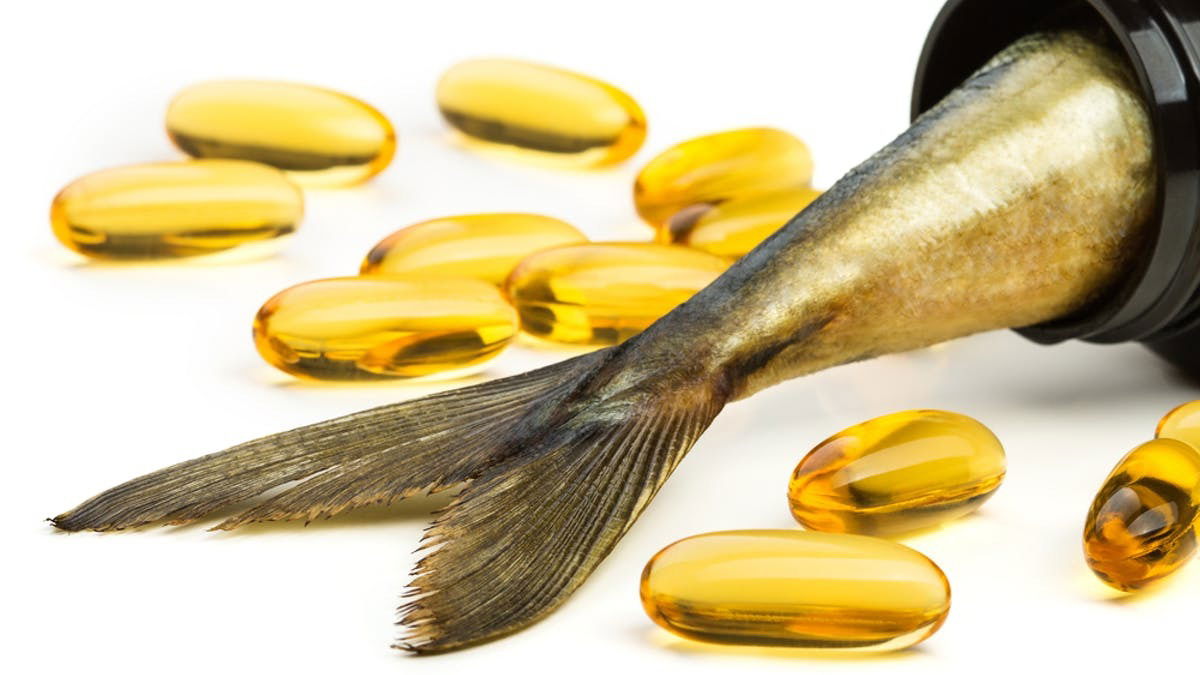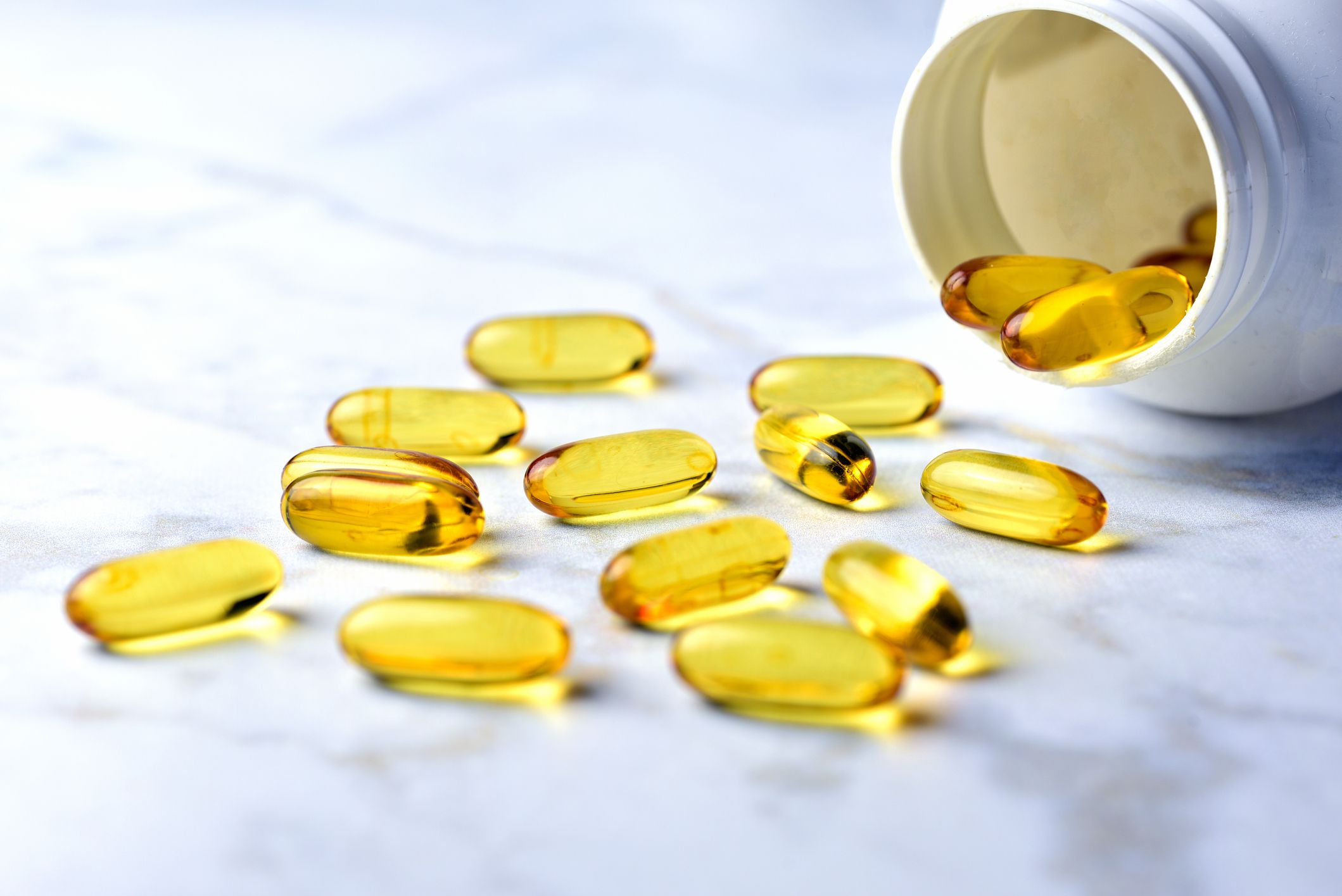How Eicosapentaenoic Acid Can Aid in Reducing Inflammation?
Inflammation is a natural response of the body to injury or infection, but when it becomes chronic, it can lead to various health issues. Eicosapentaenoic acid (EPA), an omega-3 fatty acid found in fatty fish and fish oil supplements, has gained attention for its potential anti-inflammatory properties. This blog post explores how EPA can aid in reducing inflammation and its overall impact on health.

Eicosapentaenoic Acid and Its Role in Immune Health
Eicosapentaenoic acid plays a crucial role in maintaining a healthy immune system. As an essential fatty acid, EPA is incorporated into cell membranes throughout the body, including those of immune cells. This integration allows EPA to modulate immune responses and influence inflammatory processes. EPA's impact on immune health is multifaceted. It helps regulate the production of inflammatory mediators, such as prostaglandins and leukotrienes. By altering the balance of these compounds, EPA can help mitigate excessive inflammatory responses without compromising the body's ability to fight off infections.
Moreover, EPA has been shown to enhance the function of certain immune cells, including natural killer cells and macrophages. These cells are vital components of the innate immune system, providing a first line of defense against pathogens. By boosting their activity, EPA may help improve overall immune function and resilience against various health threats. Research has also indicated that EPA can modulate the adaptive immune response, which is responsible for producing antibodies and developing immunological memory. This modulation may be beneficial in autoimmune conditions where the immune system mistakenly attacks the body's own tissues.

Fighting Chronic Inflammation with Eicosapentaenoic Acid
Chronic inflammation is a persistent, low-grade inflammatory response that can contribute to the development of various diseases, including cardiovascular disease, diabetes, and certain cancers. Vagen EPA has shown promise in combating this type of inflammation through several mechanisms. One of the primary ways EPA fights chronic inflammation is by competing with arachidonic acid, an omega-6 fatty acid that serves as a precursor to pro-inflammatory molecules. By partially replacing arachidonic acid in cell membranes, EPA can reduce the production of these inflammatory compounds.
EPA also promotes the synthesis of specialized pro-resolving mediators (SPMs), such as resolvins and protectins. These molecules actively work to resolve inflammation and promote tissue healing. By increasing the production of SPMs, EPA may help accelerate the resolution of inflammatory processes and prevent them from becoming chronic.
Furthermore, EPA has been shown to inhibit the activation of nuclear factor kappa B (NF-κB), a key transcription factor involved in inflammatory gene expression. By suppressing NF-κB activation, EPA can help reduce the production of various inflammatory cytokines and enzymes. Studies have demonstrated the potential benefits of EPA supplementation in managing chronic inflammatory conditions. For instance, research has shown that EPA may help alleviate symptoms in rheumatoid arthritis, reduce inflammation in inflammatory bowel diseases, and improve outcomes in cardiovascular disease.

Can Eicosapentaenoic Acid Be a Natural Anti-inflammatory?
The growing body of evidence supporting EPA's anti-inflammatory properties has led many to consider it a natural alternative to conventional anti-inflammatory medications. While EPA shows promise, it's essential to understand its potential and limitations as a natural anti-inflammatory agent.
EPA's anti-inflammatory effects are generally more subtle and gradual compared to pharmaceutical anti-inflammatory drugs. This characteristic can be advantageous, as it may result in fewer side effects and a lower risk of adverse reactions. However, it also means that the benefits of EPA supplementation may take longer to manifest and may not be as pronounced in acute inflammatory conditions.
One of the advantages of EPA as a natural anti-inflammatory is its broad-spectrum effects. Unlike many pharmaceutical drugs that target specific inflammatory pathways, EPA can influence multiple aspects of the inflammatory response. This comprehensive approach may be particularly beneficial in addressing complex, multifaceted inflammatory conditions.
It's worth noting that the effectiveness of EPA as an anti-inflammatory agent can vary depending on several factors, including dosage, duration of use, and individual physiological differences. Some studies have suggested that higher doses of EPA may be necessary to achieve significant anti-inflammatory effects, particularly in the context of chronic diseases.
While EPA shows promise as a natural anti-inflammatory, it's crucial to consult with a healthcare professional before using it as a therapeutic intervention. EPA can interact with certain medications, particularly blood thinners, and may not be suitable for everyone. Additionally, the quality and purity of EPA supplements can vary, so it's essential to choose reputable sources.

Conclusion
Eicosapentaenoic acid has emerged as a promising natural compound in the fight against inflammation. Its ability to modulate immune responses, combat chronic inflammation, and potentially serve as a natural anti-inflammatory agent makes it an intriguing option for those seeking to improve their overall health and manage inflammatory conditions.
While more research is needed to fully understand the extent of EPA's benefits and optimal dosing strategies, the current evidence suggests that incorporating EPA into one's diet or supplement regimen may offer significant health advantages. As with any dietary change or supplement use, it's advisable to consult with a healthcare professional to determine the most appropriate approach for individual needs.
For those interested in exploring the potential benefits of EPA, Yangge Biotech Co., Ltd. offers high-quality eicosapentaenoic acid powder and other natural plant extracts for various health applications. To learn more about our products and how they can support your health goals, please contact us at info@yanggebiotech.com.
References
1. Calder, P. C. (2015). Marine omega-3 fatty acids and inflammatory processes: Effects, mechanisms and clinical relevance. Biochimica et Biophysica Acta (BBA) - Molecular and Cell Biology of Lipids, 1851(4), 469-484.
2. Serhan, C. N., & Levy, B. D. (2018). Resolvins in inflammation: emergence of the pro-resolving superfamily of mediators. Journal of Clinical Investigation, 128(7), 2657-2669.
3. Allaire, J., Couture, P., Leclerc, M., Charest, A., Marin, J., Lépine, M. C., ... & Lamarche, B. (2016). A randomized, crossover, head-to-head comparison of eicosapentaenoic acid and docosahexaenoic acid supplementation to reduce inflammation markers in men and women: the Comparing EPA to DHA (ComparED) Study. The American Journal of Clinical Nutrition, 104(2), 280-287.
4. Barden, A. E., Mas, E., & Mori, T. A. (2016). n-3 Fatty acid supplementation and proresolving mediators of inflammation. Current Opinion in Lipidology, 27(1), 26-32.
5. Tan, A., Sullenbarger, B., Prakash, R., & McDaniel, J. C. (2018). Supplementation with eicosapentaenoic acid and docosahexaenoic acid reduces high levels of circulating proinflammatory cytokines in aging adults: A randomized, controlled study. Prostaglandins, Leukotrienes and Essential Fatty Acids, 132, 23-29.

Based on your location and order quantity, you will have the opportunity to receive a limited time free shipping promotion!

Who we are


